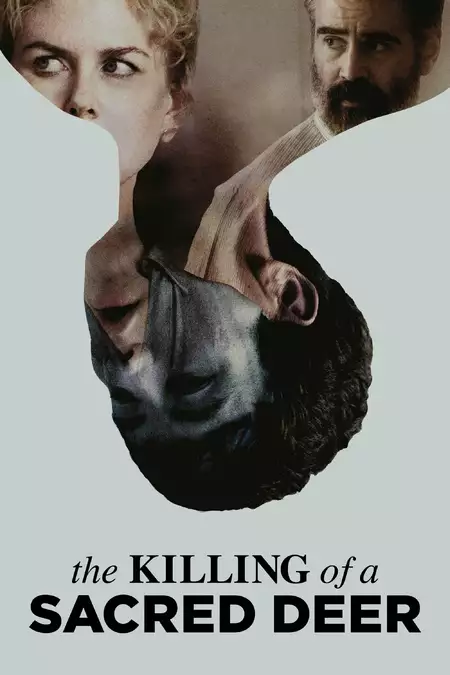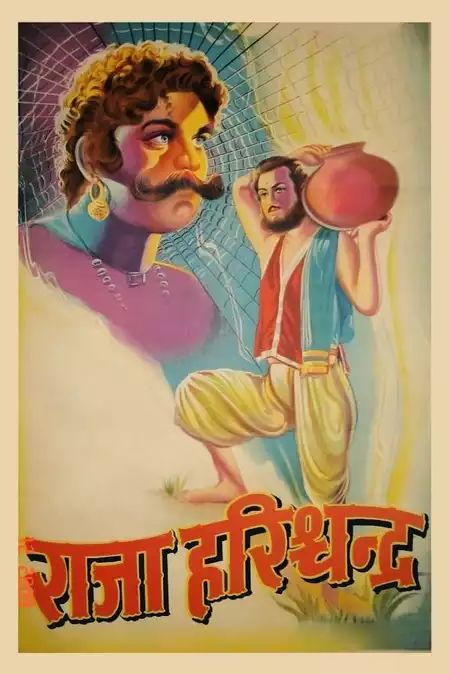Raja Harishchandra (1913)
April 21, 1913Release Date
Plot.
Where to Watch.
Cast & Crew.

D.D. Dabke
Raja Harishchandra

P.G. Sane
Taramati

Bhalachandra D. Phalke
Rohitas

G.V. Sane
Vishwamitra

Dattatreya Kshirsagar

Dattatreya Telang

Ganpat G. Shinde

Vishnu Hari Aundhkar

Anna Salunke

Nath T. Telang
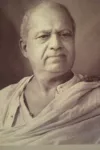
Dhundiraj Govind Phalke
Director / Writer / Producer / Cinematography

Trymbak B. Telang
Cinematography

Ranchhodbai Udayram
Writer
Details.
Release DateApril 21, 1913
Original Nameराजा हरिश्चंद्र
StatusReleased
Running Time40m
Genres
Last updated:
This Movie Is About.
Wiki.
Raja Harishchandra (transl. King Harishchandra) is a 1913 Indian silent film directed and produced by Dadasaheb Phalke. It is often considered the first full-length Indian feature film. Raja Harishchandra features Dattatraya Damodar Dabke, Anna Salunke, Bhalchandra Phalke and Gajanan Vasudev Sane. It is based on the legend of Harishchandra, with Dabke portraying the title character. The film, being silent, had English, Marathi, and Hindi-language intertitles.
Phalke decided to make a feature film after watching The Life of Christ (1906) at a theatre in Bombay in April 1911. In February 1912, he went to London for two weeks to learn filmmaking techniques and upon return founded Phalke Films Company. He imported the hardware required for filmmaking and exhibition from England, France, Germany, and the United States. Phalke shot a short film Ankurachi Wadh (Growth of a Pea Plant) to attract investors for his venture. He published advertisements in various newspapers calling for the cast and crew. As no women were available to play female roles, male actors performed the female roles. Phalke was in charge of scriptment, direction, production design, make-up, film editing, along with film processing. Trymbak B. Telang handled the camera. Phalke completed filming in six months and 27 days producing a film of 3,700 feet (1,100 m), about four reels.
The film premiered at the Olympia Theatre, Bombay, on 21 April 1913, and had its theatrical release on 3 May 1913 at the Coronation Cinematograph and Variety Hall, Girgaon. It was a commercial success and laid the foundation for the film industry in the country. The film is partially lost; only the first and last reels of the film are preserved at the National Film Archive of India. Some film historians believe these belong to a 1917 remake of the film by Phalke titled Satyavadi Raja Harishchandra.
The status of Raja Harishchandra as the first full-length Indian feature film has been debated. Some film historians consider Dadasaheb Torne's silent film Shree Pundalik, released on 18 May 1912, the maiden Indian film. The Government of India, however, recognises Raja Harishchandra as the first Indian feature film.
You May Also Like.

Interstellar (2014)
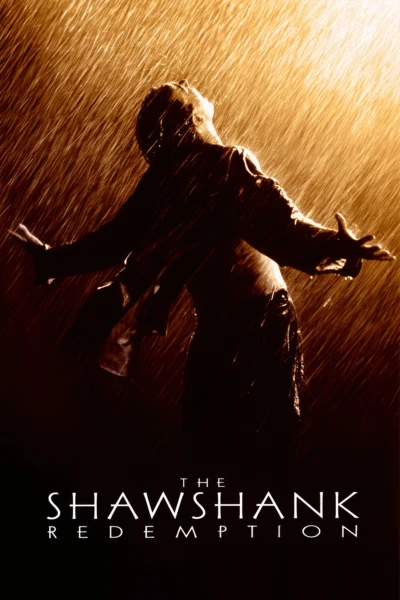
The Shawshank Redemption (1994)
Avatar (2009)

Barbie (2023)
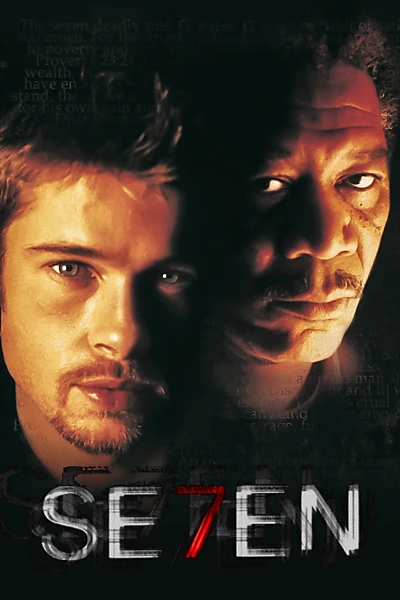
Se7en (1995)
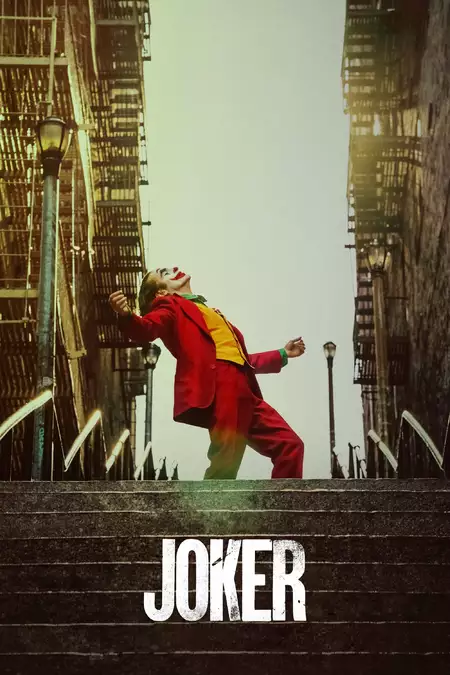
Joker (2019)
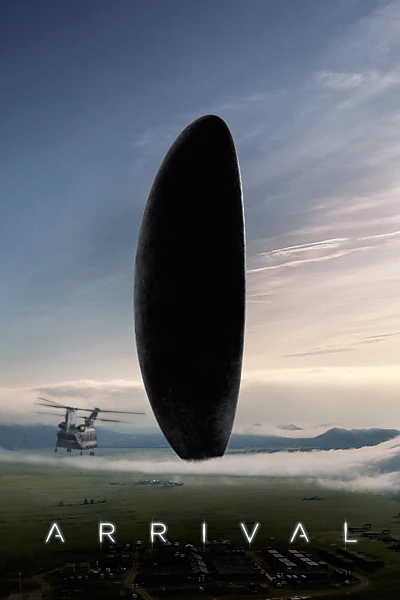
Arrival (2016)
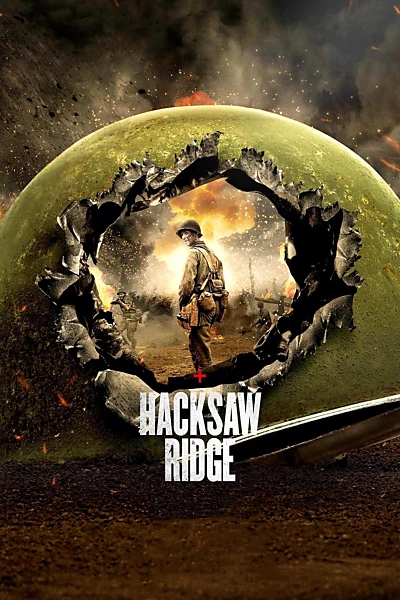
Hacksaw Ridge (2016)

Fantastic Beasts and Where to Find Them (2016)
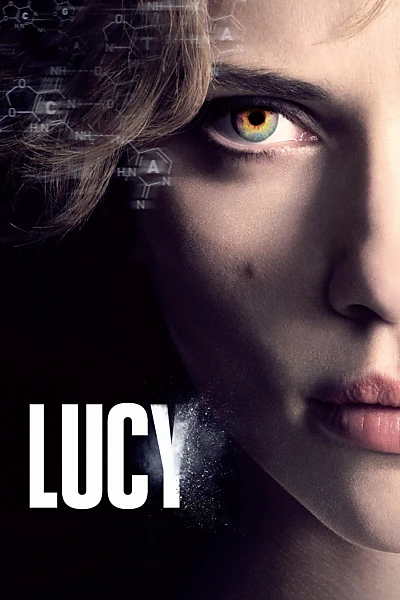
Lucy (2014)

Alita: Battle Angel (2019)

Green Book (2018)

Life of Pi (2012)

1917 (2019)
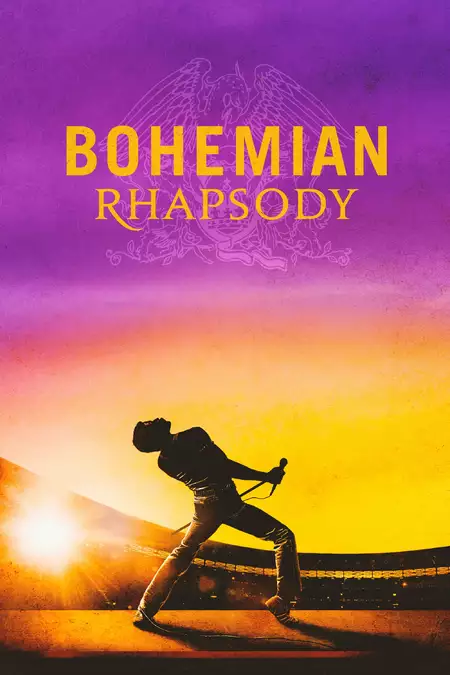
Bohemian Rhapsody (2018)

Moonlight (2016)

A Star Is Born (2018)

Lady Bird (2017)
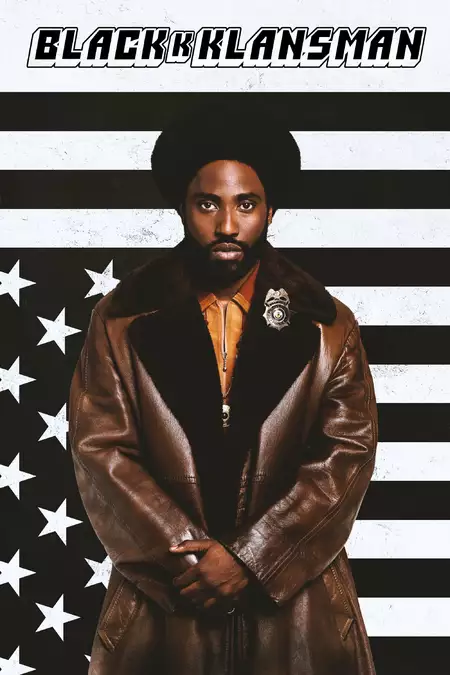
BlacKkKlansman (2018)
